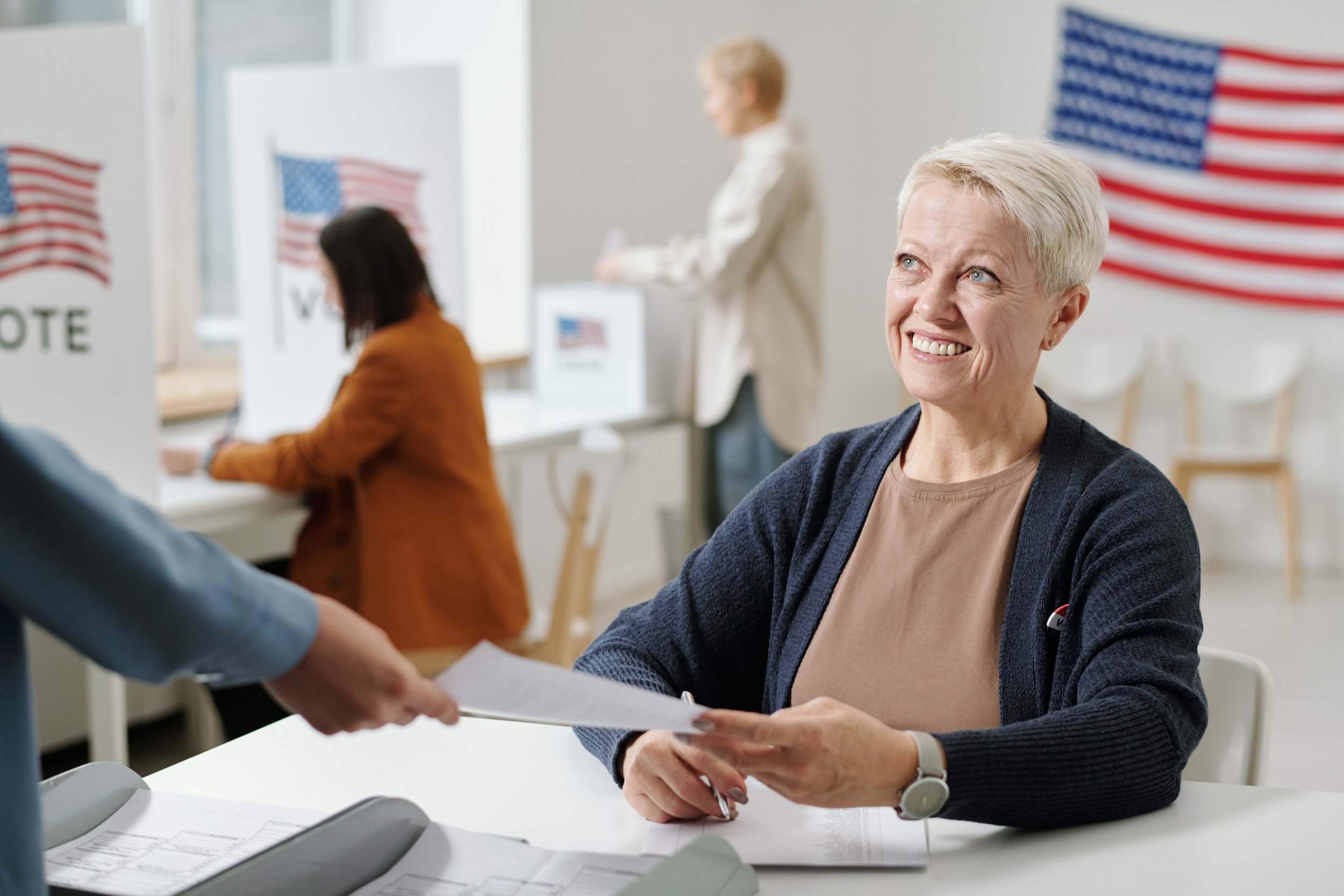
Who Runs Elections
State Chief Election Official: Each state has a chief election official who has an oversight or advisory role of elections. You can find out who the chief election official is in your state here: https://www.ncsl.org/elections-and-campaigns/state-profiles-elections
Election Administrators: Election administrators are the public servants who oversee and carry out the overall election process. They ensure compliance with laws, coordinate logistics, hire poll workers and oversee the counting of ballots.
Poll workers: Poll workers are trained as part of a large, temporary workforce to staff polling places during early voting and on Election Day. Although most poll workers are paid, most are not employed full time by a board of elections, county clerk’s office or similar government body.
The United States has a highly decentralized election administration system. Because the majority of elections are run at a state and local level, and are mostly governed by state law, the voting experience can be very different depending on where a voter lives. Every state has teams of people working together at every step of the voting process.
These public servants put partisan preferences aside and work together to ensure elections run smoothly and that every vote is secure and counted accurately.
Hear from the people who make our elections work.
Learn more about elections in your state!
Alabama
Alaska
American Samoa
Arizona
Arkansas
California
Colorado
Connecticut
Delaware
District of Columbia
Florida
Georgia
Guam
Hawaii
Idaho
Illinois
Indiana
Iowa
Kansas
Kentucky
Louisiana
Maine
Maryland
Massachusetts
Michigan
Minnesota
Mississippi
Missouri
Montana
Nebraska
Nevada
New Hampshire
New Jersey
New Mexico
New York
North Carolina
North Dakota
Northern Mariana Islands
Ohio
Oklahoma
Oregon
Pennsylvania
Puerto Rico
Rhode Island
South Carolina
South Dakota
Tennessee
Texas
Utah
Vermont
Virgin Islands
Virginia
Washington
West Virginia
Wisconsin
Wyoming